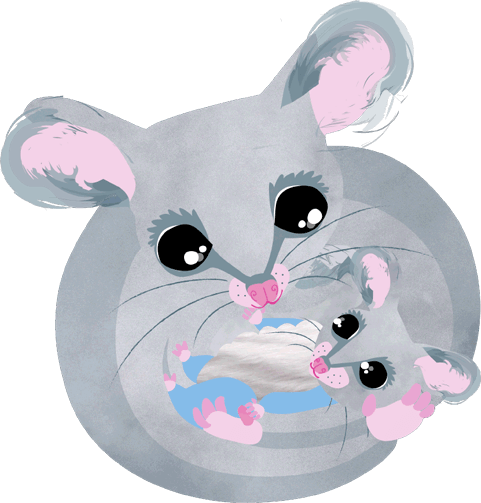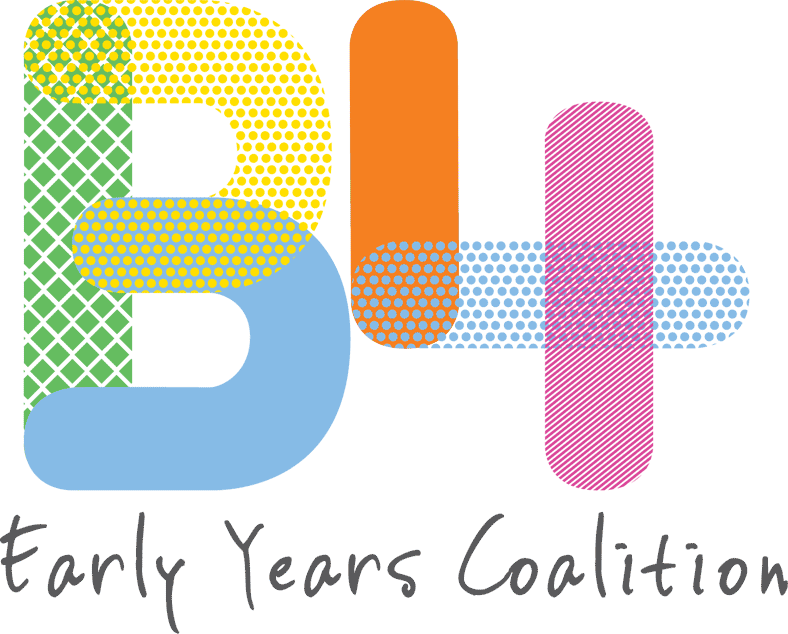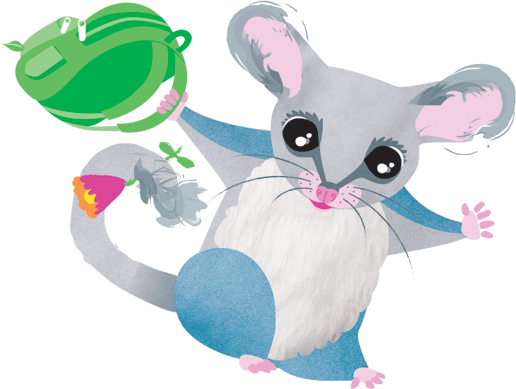Latest News
Let’s Read Community Program
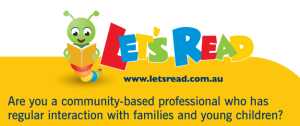
The Let’s Read Community Program draws on the knowledge, skills, resources and connections of local families, services, and community groups to provide coordinated, locally relevant approaches to emergent literacy development.
This place and strengths-based approach recognises that each child and family have a unique set of strengths and challenges with whom the Let’s Read Community Program seeks to build a positive partnership to foster children’s emergent literacy development.
The Let’s Read Community Program is delivered by a network of Partner Services in a Let’s Read community. Community Professionals who undertake the Let’s Read training include community health nurses, teachers, early childhood educators, playgroup coordinators, librarians, social workers, and GPs.
If you work with communities and your work is based in any of the above community settings, we are offering free face-to-face training to help you establish the Let’s Read program in your community and promote reading with children from birth.
The 4-hour training session is participatory and hands-on and will:
- Develop your understanding of emergent literacy and why it’s important,
- Give you an opportunity to practise the skills you need to deliver Let’s Read, and
- Provide you with all the initial resources you will need, including a resource starter kit to share with families.
REGISTER HERE
Thursday, 21st March
10:00 am to 2:00 pm (inc. lunch)
@ Glenorchy Library, Terry Street, Glenorchy
Facilitator: Sonya Weir, TSF National Early Years Program Specialist (SA)
Let’s Read is evidence-based emergent literacy initiative and promotes reading to children from birth. The program delivered in partnership with The Smith Family, encourages families and caregivers to share words, stories and books every day with children 0-5yrs, to help them establish the building blocks for literacy and a love of books early in their lives.
You play a fundamental role in the success and your skills and knowledge mean that you are well-placed to deliver important messages about early literacy to families and communities, and do so in a way that is truly engaging and supportive for families.
Attending Training enables you to deliver and access FREE Let’s Read resources for the Brighton/Glenorchy communities.
B4 Early Years Coalition needs your help!
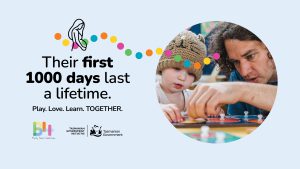
Are you passionate about the early years pregnancy to 4 years especially the first 1000 days?
Do you want to help raise awareness of the importance of the first 1000 days of every Tasmanian a child’s life now and for their future?
On Monday 15 January 2024, B4 is launching a state-wide media campaign “Their first 1000 days last a lifetime. Play. Love. Learn. TOGETHER”.
We need your help to share this message and ensure all Tasmanian children thrive and grow in their first 1000 days and beyond.
Why is it so important and why now?
We have never known more about the first 1000 days than we do now. The evidence is growing everyday about just how important this period of development for children is, and the impact this period has both now and across their lifelong physical, social, mental and emotional wellbeing. But not all Tasmanians know this! B4 wants to work with your help, to get the information out there to parents, carers, families and communities that their first 1000 days really do last a lifetime.
Making a difference is easy in the first 1000 days all you need to do is “Play. Love. Learn. TOGETHER.”
Check out B4’s first 1000 day resources here Their first 1000 days last a lifetime – B4 Early Years Coalition (education.tas.gov.au).
Please become a B4 first 1000 day supporter and help ensure all Tasmanian children get the first 1000 days they deserve for a strong and thriving life now and for their future.



